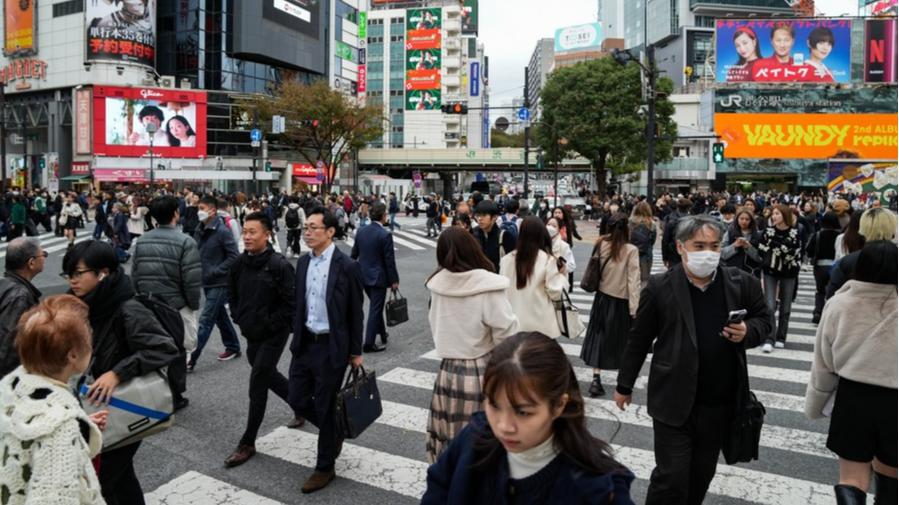
TOKYO - The Japanese government approved a comprehensive economic package worth 39 trillion yen (about $250 billion) on Friday, as it seeks to shore up consumer spending amid rising prices.
The package, adopted at an extraordinary cabinet meeting in the afternoon, includes subsidies to mitigate the negative impact of higher energy prices and cash handouts to low-income households, as disposable incomes are whittled away by price hikes.
Prime Minister Shigeru Ishiba told reporters later in the day that wage growth is "necessary" for expansion in the broader economy.
ALSO READ: Japan sees record 3.31m foreign visitor arrivals in October
"It is important that not only urban residents but also those in rural areas feel a sense of hope and happiness," he said.
The package is projected to lower consumer prices by about 0.3 percentage points, while boosting Japan's inflation-adjusted gross domestic product by an annual 1.2 percentage points, according to the Cabinet Office.
To fund the package, Ishiba's government will try to pass a 13.9 trillion yen supplementary budget for the fiscal year through March 2025 during an extraordinary parliamentary session expected to convene next Thursday.
ALSO READ: Japan rules out scrapping death penalty despite panel's call for review
In the stimulus package, Ishiba's administration also pledged to raise the tax-free income threshold, after it conceded to demands from an opposition party, whose votes are needed for the ruling coalition to secure the passage of a supplementary budget.
Earlier this week, the ruling coalition of the Liberal Democratic Party and its partner Komeito, which lost its majority in last month's general election, accepted a request from the small but influential Democratic Party for the People to raise the nontaxable income level from the current 1.03 million yen to bolster consumption.


